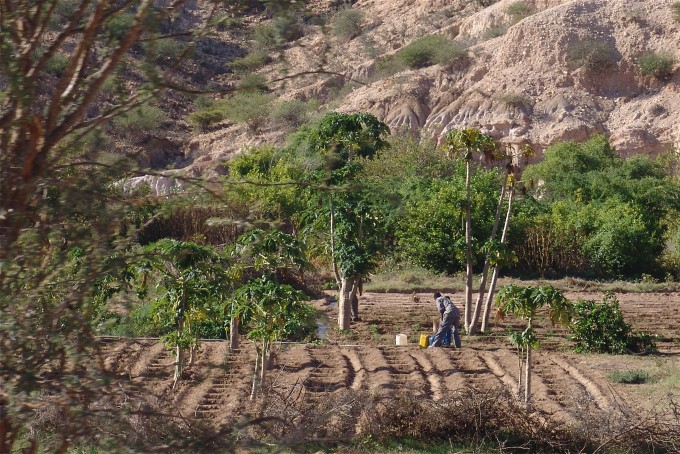
CWS associate professor Louise Moe receives funding from the Ministry of Foreign Affairs of Denmark for a major research and capacity-building programme on climate change resilience
She will lead the research programme with the title "Pastoralist Climate Change Resilience in Somaliland (PACCS)" that investigates how to build on local climate resilience to address the Sustainable Development Goals and Climate-Security nexus impacts in Horn of Africa.
Sustainable Development Goal 13 on climate action calls for global outcomes. However, most implementation will be local. And experiences of climate change impacts are place specific. A ‘local lens’ focusing on indicators for local action and adaptation is therefore crucial for informing global approaches to addressing climate change
The research programme Pastoralist Climate Change Resilience in Somaliland (PACCS) will generate cutting-edge theoretical and policy knowledge on local climate change resilience in Somaliland, focusing on the critical but overlooked livelihood system of pastoralism. It takes a cross-sectoral approach, and accounts for local climate resilience strategies across the domains of markets, land management and governance.
The programme will uncover trade-offs and synergies between different climate resilience strategies and assess how international actors can upscale local resilience toward strengthening integrated responses to climate change. In doing so, the research offers a disaggregation of resilience into finer-tuned categories, which will advance the conceptual utility of resilience-thinking in the field of climate change research.
PACCS speaks to two related debates: the United Nations’ Sustainable Development Goals (SDGs) and the climate-security nexus – the interactions between climate change, conflict/insecurity and cooperation (including emerging forms of environmental peacekeeping). The research findings will be of direct relevance for the SDGs and addresses a knowledge gap concerning how to integrate indicators for local action/capacity into global strategies for the effective implementation of the SDGs. The focus on climate change resilience in the Somali context, will moreover provide new insights into the evolving climate-security nexus.
The programme is based at the University of Southern Denmark, and involves the Social Research and Development Institute (SORADI), the University of Hargeisa, the University of Nairobi and the Danish Institute for International Studies (DIIS). It is funded by the Ministry of Foreign Affairs of Denmark with DKK 11,770,885.
Header picture by Charles Fred, released under the GNU Free Documentation License.